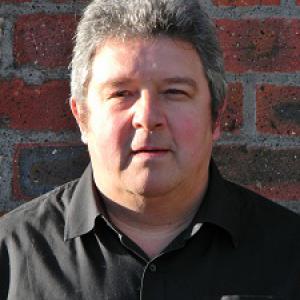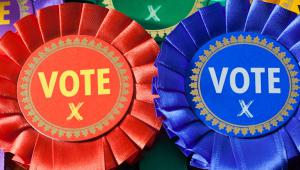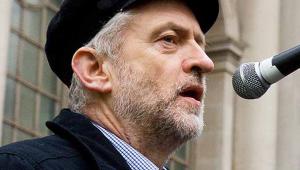The Scottish National Party becomes the biggest party on the council, though without the overall majority it had hoped to achieve.
Early results from Thursday’s local elections confirmed a pattern of Labour losses across Scotland, together with significant gains for the Conservatives and mixed fortunes for the SNP.
The Tories, until recently marginalised in Scottish politics, clocked up surprising wins in some of Scotland’s poorest urban neighbourhoods.
All 32 of Scotland’s unitary local authorities were up for re-election, in a contest overshadowed by Theresa May’s announcement of an early general election. Voting was by the single transferable vote (STV) system in multi-member wards, which means that results were still trickling in late on Friday afternoon.
The indications are that few if any Scottish councils will be run by a majority administration from any single party once the final results are in. Only the Highland and Island authorities are expected to register overall control – for the independents who traditionally dominate there.
Days of intensive bargaining are now in prospect in pursuit of coalitions, or agreements to support minority administrations. Given the deep nationalist/unionist faultline that divides Scottish politics, and the acrimony that surrounds it, all the parties are likely to be confronted with tough decisions to make about potential local partnerships.
Labour’s loss of control in Glasgow, where it has run the council since 1980, was not unexpected after the SNP took all the city’s Westminster seats in 2015 and all of its Scottish Parliament constituency seats last year, but it remains a heavy psychological blow for the party that has dominated post-war Scottish politics.
The SNP becomes the largest party there, as in Edinburgh and Aberdeen where it also deposed Labour, but it lacks a commanding majority in all three. In Scotland’s fourth city, Dundee, the SNP lost its overall majority, but remains the largest party. In general, the outcome for the Nationalists looks likely to fall far short of their spectacular performances in recent national elections.
Otherwise, the big story of the results is the advance of the Conservatives, who have been making gains in such unlikely areas as Glasgow’s East End, the deprived Ferguslie Park area of Paisley and South Ayrshire.
As counting continued, the Conservatives passed the 100 gains mark, their best electoral performance in Scotland in a generation.












